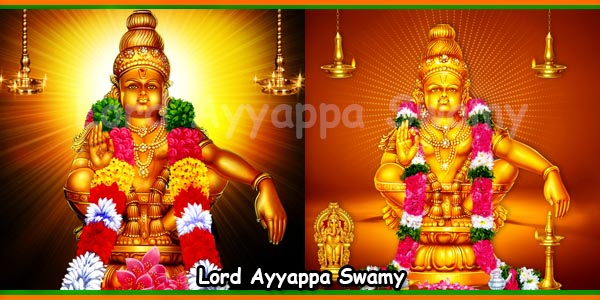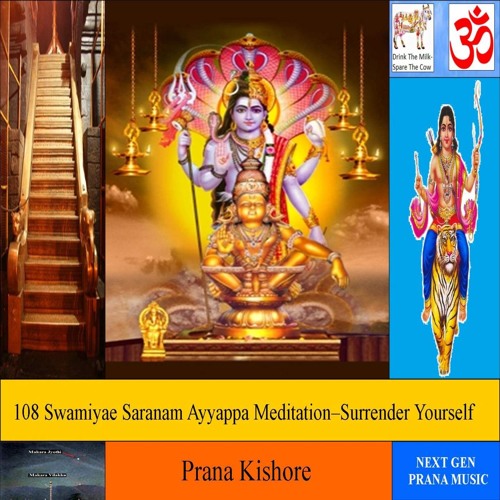

However considering the facts and circumstance of the matter, Supreme Court has accepted the review petition and decided to hear the proceeding in an open court. Normally Supreme Court of India will never accept review petition against it own order. Devotees have filed around 65 review petition against 28 September 2018 order. After supreme court verdict, the southern state of Kerala had witnessed huge violent protest and mass rally's by nearly the whole population of Kerala and women were also highly active participants in this movement. Chandrachud stated that the ban "stigamatises" and "stereotypes" women, while "placing the burden of men's celibacy" on them. The Chief Justice, Dipak Misra, stated that the selective ban on women was not an "essential part" of Hinduism, and instead a form of "religious patriarchy". She added that "notions of rationality cannot be invoked in matters of religion by courts". But the lone woman judge, Indu Malhotra noted in her dissenting judgement that "what constitutes an essential religious practice is for the religious community to decide" and not a matter that should be decided by the courts. In response to a PIL filed in 1991, the Kerala High Court had judged that the restriction of entry of women ages 10–50 to the temple was in accordance with the usage prevalent from time immemorial, and it directed the Devaswom Board to uphold the customary traditions of the temple and also concluded that "since there is no restriction between one section and another section or between one class and another class among the Hindus in the matter of entry to a temple (Sabarimalai) whereas the prohibition is only in respect of women of a particular age group and not women as a class." However, On 28 September 2018, the Supreme Court of India, in a 4-1 majority decision (4 men and 1 woman judicial panel), overturned the ban on the entry of women.

While functional and intact temples exist at many places in the surrounding areas like Nilakkal, Kalaketty, and Karimalai, remnants of old temples survive to this day on remaining hills.

Temples exist in each of the hills surrounding Sabarimala. The dense forest, part of the Periyar Tiger Reserve, around the temple is known as Poongavanam. The temple is situated on a hilltop amidst eighteen hills at an altitude of 1260 m (4,134 ft) above sea level, and is surrounded by mountains and dense forests. The traditions of Sabarimala are a confluence of Shaivism, Vaishnavism, and other Śramaṇa traditions. The temple is dedicated to a Hindu Brahmachari (Celibate) deity Ayyappan also known as Dharma Shasta, who according to belief is the son of Shiva and Mohini, the feminine incarnation of Vishnu. It is one of the largest annual pilgrimage sites in the world with an estimate of over 40 to 50 million devotees visiting every year. The Sabarimala Temple ( Malayalam pronunciation: Malayalam: ശബരിമല) is a temple complex located at Sabarimala hill inside the Periyar Tiger Reserve in the Perinad Village, Pathanamthitta district, Kerala, India. Unknown, The temple site was many decades older Kerala Architecture (Traditional Kerala Vastu Shastra)Īs per tradition Vishwakarma, Pandalam King Rajasekhara, ( sculptor) is believed to be Parashurama Mandalam Makaravilakku, Makara Sankranti (14th January)


 0 kommentar(er)
0 kommentar(er)
